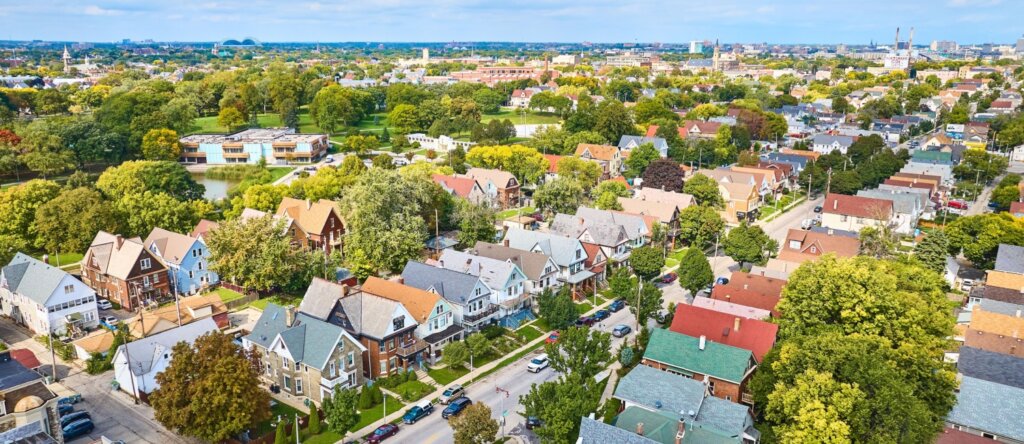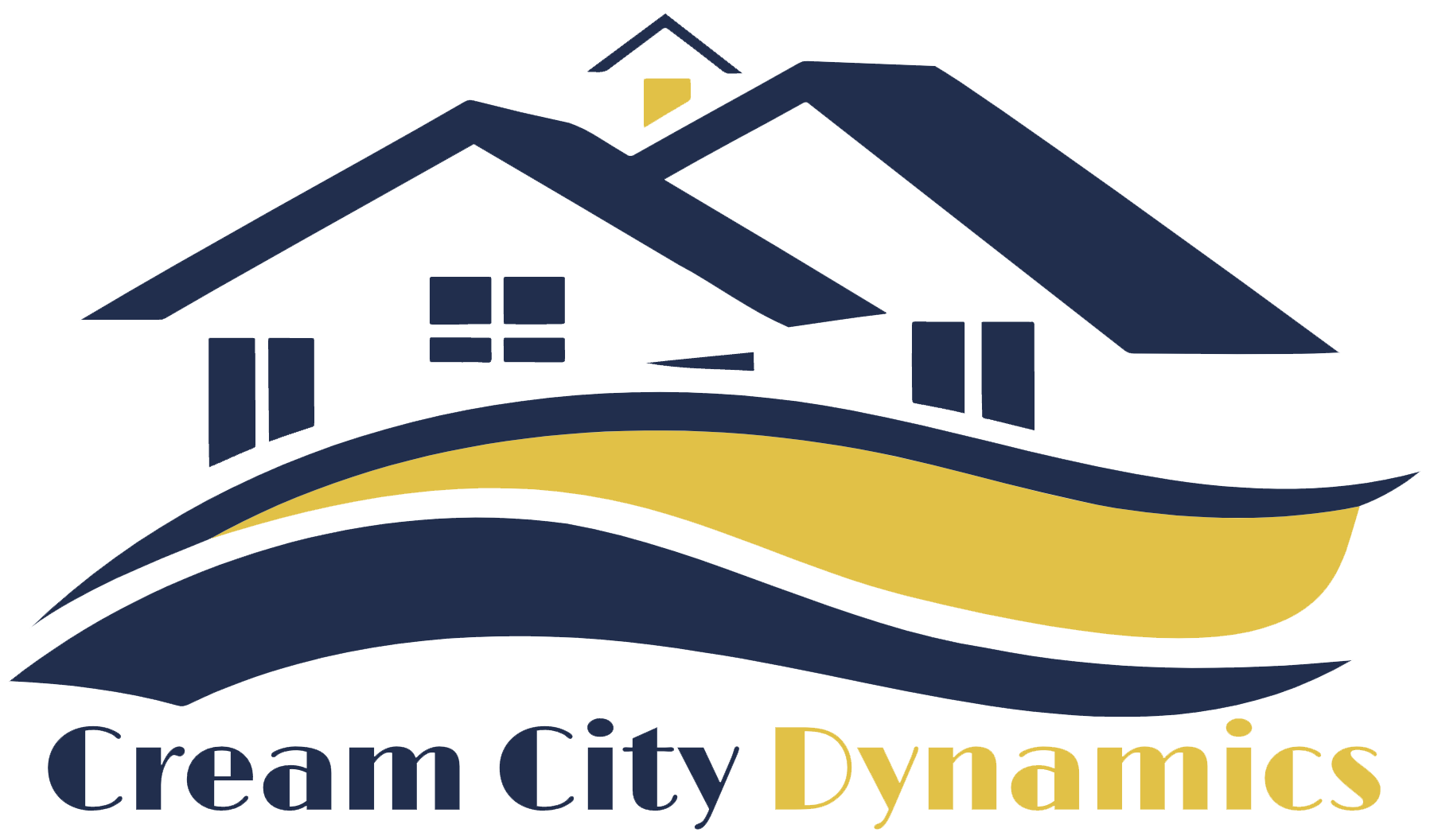
Fixing a condemned house in Milwaukee starts with a clear understanding of what it actually means for a home to be condemned. A condemned house has been officially declared unsafe to occupy by city authorities—typically due to serious violations such as structural instability, unsanitary conditions, or complete lack of essential utilities. In Milwaukee, the Department of Neighborhood Services is responsible for inspecting these properties and issuing condemnation notices. When a home is condemned, it cannot legally be lived in or sold through traditional financing channels until the necessary repairs are completed and the condemnation status is removed. Recognizing the gravity of this designation is the first step toward deciding whether restoring the property is feasible or worth pursuing.
Why Homes Get Condemned in Milwaukee
Many homeowners are shocked when they receive a condemnation notice, but the reasons are often rooted in long-term neglect or disaster-related damage. In Milwaukee, homes can be condemned due to extreme fire or water damage, significant mold infestation, collapsing foundations, or complete deterioration of major systems like plumbing and electricity. Sometimes, it’s the result of absentee ownership, where a property sits vacant and deteriorates beyond safe living conditions. The city is proactive in removing dangerous properties from the housing inventory to protect public safety and neighborhood standards. If you’re facing the challenge of fixing a condemned house in Milwaukee, it’s essential to understand the specific issues cited in the report so that you can address them effectively and prevent future legal or financial consequences.
The Legal and Financial Burden of Condemned Property
Owning a condemned property comes with more than just a long repair list—it carries legal obligations and financial strain. Once a house is condemned, the city has the authority to enforce deadlines for repairs, levy fines, or even order demolition if the property remains untouched. Insurance providers typically cancel or refuse coverage for condemned properties, and traditional lenders won’t offer financing. This leaves owners with few financial options to fund repairs. The legal responsibilities don’t stop there; if someone gets injured on the property, the owner could be held liable. Fixing a condemned house in Milwaukee, therefore, demands not just construction resources, but a clear understanding of the legal steps required to bring the home back into compliance. Working with an attorney or local housing expert can help you navigate this complicated path and avoid additional penalties.
Assessing the Damage and True Cost of Repairs
Once a home is condemned, the most important move is to accurately determine the scope of the damage. This is more than a surface-level inspection; you need a full evaluation by a licensed contractor or building inspector who understands Milwaukee’s local codes. Structural damage, outdated or damaged electrical systems, compromised plumbing, pest infestations, and health hazards like mold or lead paint can significantly impact your budget and timeline. Fixing a condemned house in Milwaukee can range from moderate expenses to massive investments that rival the cost of building a new home. Before committing, gather multiple repair quotes and consider the current market value of similar homes in the area post-renovation. This evaluation will help you decide whether the house is worth saving—or whether selling might be the smarter move.
Planning the Restoration from Start to Finish
Once you understand the level of work required, creating a logical, phased plan is key to restoring the home. Fixing a condemned house in Milwaukee isn’t something you can tackle with guesswork; it requires a methodical approach. Start by focusing on core safety issues—repairing the foundation, roof, or any damage that threatens the structural integrity of the building. After that, bring essential systems like plumbing, electrical wiring, and HVAC back to working order. Only after these steps are complete should you shift your attention to interior finishes and cosmetic improvements. Milwaukee authorities will often require progress inspections along the way, so coordinating with city inspectors is an important part of staying on track. A clear timeline and steady progress can help keep costs in check and avoid unnecessary delays.
Permits, Inspections, and Working with the City of Milwaukee
Fixing a condemned house in Milwaukee involves more than swinging a hammer and replacing drywall. You’ll be working closely with the city, particularly the Department of Neighborhood Services, to ensure all repairs meet current code requirements. Permits will be required for most of the major repair work, including structural modifications, electrical updates, plumbing changes, and HVAC installation. Each permit must be approved before work begins and inspected afterward to ensure compliance. Failure to follow these procedures can result in stop-work orders or added fines. Fortunately, Milwaukee does offer certain rehabilitation programs, especially for homes in targeted redevelopment zones. These programs may include grants, tax incentives, or low-interest loans that can ease the financial burden. Staying organized and communicative with city officials can make the entire process smoother and more efficient.
Deciding Whether to Renovate or Sell
When faced with a condemned property, many homeowners wonder if it’s worth the effort to restore or if it’s better to walk away and sell. Fixing a condemned house in Milwaukee is certainly a challenge, but for some, it’s a worthy investment. If the home is located in a high-demand area or has historic value, renovation might pay off. However, if the costs far exceed the value of the neighborhood or your financial capacity, selling could be the better option. Many local investors are willing to purchase condemned properties in their current condition, especially if they have experience with major rehabs. They’re prepared to handle the paperwork, permits, and risks that come with restoring such properties. In the end, your decision should reflect your goals, budget, and willingness to take on a major project.
Selling a Condemned House in Milwaukee Without Repairs
If you decide not to take on the challenges of restoration, selling is still a viable and often smart option. Fixing a condemned house in Milwaukee isn’t the only solution—selling to the right buyer can relieve you of the financial and legal pressures quickly. Traditional buyers may shy away, but there are real estate investors and companies that specialize in purchasing distressed or condemned properties. These buyers usually pay cash, require no inspections or financing contingencies, and can close within days. You won’t have to worry about permits or bringing the property up to code. Companies like ours make this process straightforward and hassle-free, offering fair market prices and handling all documentation. Selling a condemned house might not just save you money—it could also give the property a second life through the hands of someone prepared for the challenge.
Moving Forward with Clarity and Confidence
No matter which route you choose—renovating or selling—facing a condemned home is a daunting experience. Fixing a condemned house isn’t for the faint of heart, but with the right knowledge, support, and planning, it can be manageable and even profitable. If you decide to restore it, be prepared to stay organized, comply with city requirements, and commit to the financial investment it demands. If you decide to sell, make sure you work with a trustworthy buyer who understands local regulations and can guide you through the process smoothly. Either way, your next steps will shape your financial future and possibly improve the community around you. Take your time, evaluate all options, and move forward with a clear plan that aligns with your goals.
